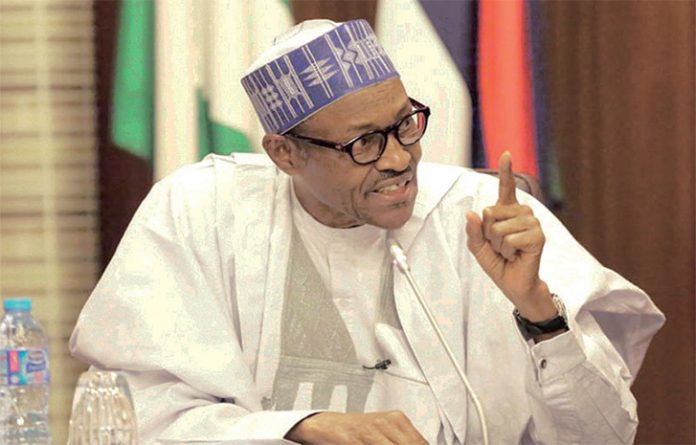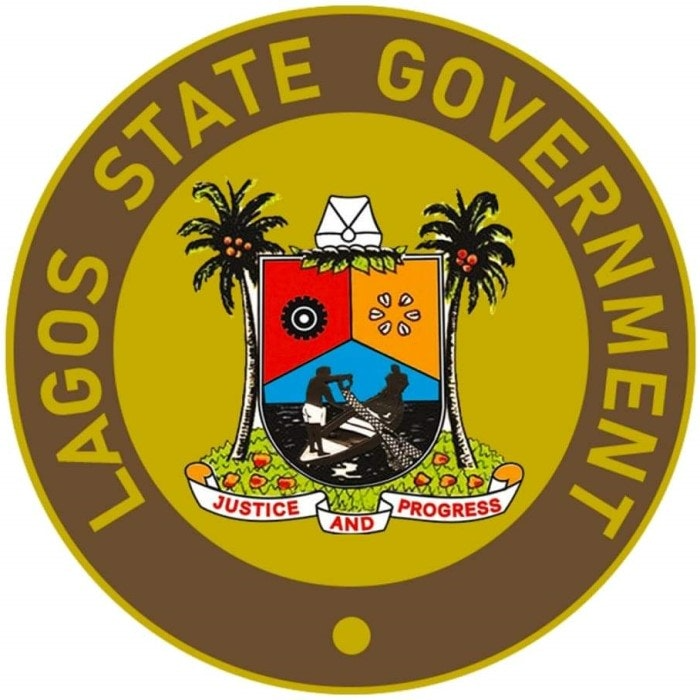Nnamdi Kanu trial enters a new chapter as the IPOB leader files another appeal ahead of the Federal High Court judgment scheduled for November 20, 2025
The decade-long trial of Nnamdi Kanu, leader of the Indigenous People of Biafra (IPOB), has entered a new chapter following a fresh appeal filed just days before the Federal High Court was scheduled to deliver its judgment on November 20, 2025.
Also read: Nnamdi Kanu political solution gains strong push in parliament
Kanu’s legal battle, which began with his arrest in 2015, has been marked by a complex interplay of trial proceedings, appellate interventions, and jurisdictional disputes, reflecting the intersection of national security, constitutional rights, and political sensitivities.
In his latest move, Kanu filed an application before the Abuja Division of the Court of Appeal seeking to halt Justice James Omotosho from delivering the long-awaited verdict on seven counts, including terrorism and treasonable felony.
The appeal follows a history of intermittent victories and setbacks in both the Court of Appeal and the Supreme Court.
Legal experts note that while Kanu has every right to pursue interlocutory appeals under the Constitution, Nigerian law does not automatically suspend a trial when such applications are filed.
According to the Administration of Criminal Justice Act (ACJA), criminal proceedings must continue unless expressly stayed by a competent appellate court.
Senior legal practitioner Elvis Asia said, “The High Court is legally obliged to proceed with the trial. Interlocutory appeals do not automatically halt proceedings, and the court cannot be held hostage by repeated attempts to stall the trial.”
Similarly, Evans Ufeli clarified that while interlocutory appeals can protect defendants’ rights, only an express order from an appellate court can lawfully pause trial proceedings.
“Previous unsuccessful appeals or new filings do not relieve the High Court of its duty to continue,” he added.
Other legal voices highlight potential pitfalls in Kanu’s defence strategy. Senior lawyer Ige Asemudara described the sudden sacking of Kanu’s legal team mid-trial as “ill-conceived,” warning of the consequences for such a complex and politically charged case.
Babatunde Awe echoed these concerns, noting that while the ACJA prohibits automatic stays, the highly politicised nature of the trial adds layers of unpredictability to its progression.
The Nnamdi Kanu trial has consistently oscillated between progress and delay. In 2022, the Court of Appeal discharged him of terrorism charges over an unlawful rendition from Kenya, only for the Supreme Court in 2023 to reinstate the charges.
The following year, the appellate court upheld IPOB’s proscription, while the 2025 trial saw repeated adjournments caused by changes in legal representation and procedural objections.
With the new appeal now lodged, attention shifts to the Court of Appeal, which will determine whether Kanu’s latest filing affects the November 20 judgment.
Legal observers note that while such appeals are constitutionally permissible, the trial court remains empowered to proceed, ensuring that justice is neither indefinitely delayed nor derailed.
Also read: Nnamdi Kanu seeks halt to terrorism judgment
As Nigeria watches closely, the outcome of the latest procedural manoeuvre will test the judiciary’s ability to balance constitutional rights, procedural fairness, and the imperative of timely criminal adjudication in one of the nation’s most high-profile cases.





























